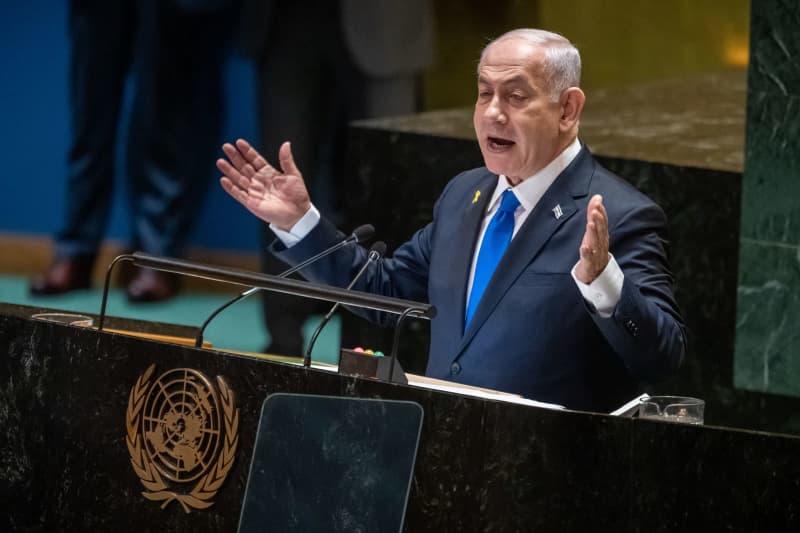In a recent diplomatic exchange, Israeli Prime Minister Benjamin Netanyahu criticized French President Emmanuel Macron for advocating a weapons embargo on Israel. Macron’s call for a halt on arms exports destined for use in the Gaza Strip was described by Netanyahu as a “disgrace.” In response, the French government reaffirmed its commitment to Israel’s security, expressing regret over Netanyahu’s remarks, which they deemed “exaggerated.” France emphasized its stance against allowing Iran and its proxies to threaten Israel. Macron’s approach reflects his urgent desire to prevent further escalation in the region, underscoring the need for an immediate ceasefire in Gaza while balancing Israel’s right to self-defense.
In the wake of the October 7 attacks by Hamas and its allies, which resulted in the deaths of over 1,200 people and numerous kidnappings, Israel has launched extensive military operations in Gaza. This brutal incursion has drawn widespread international attention and raised concerns about the humanitarian impact on civilians. The figures reported by the Gaza health authority indicate a staggering toll, with more than 41,800 people reportedly killed as a consequence of Israel’s counteractions. Such numbers highlight the severe devastation that has unfolded, leading to international calls for restraint and peace talks amidst the chaos.
Israel’s military operations and the resulting violence have sparked a heated debate regarding the responsible provision of military support to Israel from global allies. Macron’s statements aim to address this issue by advocating for a moratorium on arms exports to Israel, suggesting that Western nations should reconsider their military assistance during times of significant conflict. The French president’s position reflects a growing concern among numerous countries about the potential for escalating violence and the broader implications for regional stability, as well as the dire humanitarian consequences for civilians caught in the conflict.
Netanyahu’s assertive response reinforces his administration’s determination to continue military actions in Gaza, labeling calls for an embargo from Macron and other Western leaders as shameful. His insistence that Israel will prevail “with or without you” underscores a prevailing sentiment of national resilience amidst overwhelming opposition. He characterized these criticisms as not just political disagreements but as attacks on Israel’s right to defend itself against perceived existential threats, marking a defiant stance against what he perceives as external pressures undermining national security.
The conflict’s backdrop consists not only of military confrontations but also complex geopolitical dynamics. Regions surrounding Israel are marked by historical tensions and the involvement of various non-state actors, such as Hamas. This complexity often complicates diplomatic efforts and frameworks for resolution. Macron’s calls for a ceasefire and arms embargo highlight a critical intersection of military policy and humanitarian considerations, aiming to shift the dialogue towards a more peaceful and sustainable resolution while grappling with the immediate security concerns of Israel.
Ultimately, this exchange encapsulates the divided international response to the Israeli-Palestinian conflict amid escalating violence. It further illustrates the challenges faced by global leaders as they attempt to mediate between supporting an ally’s security and advocating for humanitarian principles. Macron’s and Netanyahu’s declarations serve as a reminder of the ongoing need for dialogue and concrete measures that prioritize de-escalation and the protection of civilians, even as the realities of geopolitical interests and national security continue to dominate the discourse. The hope remains that through addressing the root causes of the conflict, a more stable and peaceful future can be envisioned.

